Unasked and Unanswered Questions
As first mayoral debate looms, D.C. residents sound off on what they really want to hear from the candidates

It’s finally almost here.
Political junkies, pundits, and members of Washington’s media have been anticipating this moment since April: when some of the candidates seeking to become the District’s next mayor will finally be forced to debate, at a forum held at American University’s Katzen Arts Center on Thursday, Sept. 18.
Ever since the Democratic nominee, Councilmember Muriel Bowser (D-Ward 4) ousted incumbent Mayor Vincent Gray in the April primary, much of the press coverage has focused on the reticence of Bowser to debate her opponents, with her campaign maintaining that they have simply been waiting for the ballot to be finalized before engaging any opponents in a public forum.
With the only two public polls — both from March –- showing Bowser with leads of 20 and 33 points, respectively, over her chief rival, Councilmember David Catania (I-At-Large) in a general election, it is unclear whether the landscape has changed enough to benefit the other candidates in the race, or whether, as usual, the Democratic nominee wins the lion’s share of the vote in a city where Democrats make up three-quarters of the electorate. As this is the most competitive mayoral race in two decades — and even that term is relative, as is what constitutes a “competitive” general election in D.C., where the last two Democratic mayoral nominees earned more than 74 percent of the vote — Bowser, as all frontrunners, regardless of party, are wont to do, has limited the number of debate appearances she will make between now and November, agreeing to four debates.
In August, Tom Sherwood, the moderator of the American University forum, told Metro Weekly that candidates would be invited to participate based on their viability, fundraising, and background.
“I believe in democracy, and I believe in everybody expressing their opinions,” Sherwood said. “So we will try to be as inclusive as possible.”
Slated to appear at Thursday’s forum, besides Catania and Bowser, is Republican-turned-Independent Carol Schwartz, a former councilmember. Libertarian Bruce Majors, Statehood Green Party nominee Faith Crannitch, known simply as “Faith,” and independent Nestor Djonkam are also running but have not been invited to participate.
But while the three leading candidates will be peppered by questions from Sherwood and a panel consisting of WAMU’s Patrick Madden and Kavitha Cardoza and The Washington Post’s Clinton Yates, there are more than a few voters who believe their real concerns will not be addressed, or even posed to the candidates in the form of a question, given the limited number of debates and the amount of time allotted. But several LGBT voters in the District agreed to share with Metro Weekly the questions they would like to see asked in a debate.
Transgender activist Jeri Hughes raises the issue of transgender employment, saying that the D.C. government should lead by example.
“My question would be: if you’re elected mayor, how many transgender individuals will be hired in District government?” Hughes says. “Everyone says they’re committed to it, but we haven’t seen a lot of it. And there’s a lot of very deserving, qualified people looking for employment. What’s the plan to train, make these transgender people eligible for hiring?”
Bryan Fisher, a Ward 1 resident, says he wants to know how much the next mayor will challenge Congress and stand up against their tendency to meddle in District affairs.
But Fisher also wants to change aspects of D.C.’s planning and development.
“Getting rid of the height limit, and having denser neighborhoods that are mass transit-focused and car-unfriendly is important to me,” Fisher says. “I also want the District to pass a congestion tax and stop letting commuters use D.C. residential roads as freeways. I am nearly killed at least a few times a week by Marylanders that can’t be bothered by bike lanes or the fact that I can’t pedal up a hill at 50 miles per hour.”
Justin Mezetin, a Ward 6 resident, says the candidates need to be more specific about affordable housing, and not just those with enough capital to purchase a house.
“With all this new development, rental prices are still going up,” he says. “What, if anything, will they do to try and keep D.C. affordable?”
Wes Culwell, a Ward 6 resident who is in the market to buy his first house, also expressed concerns about affordability, saying he’d like to know what candidates will do to encourage first-time buyers to stay in D.C. versus looking in the suburbs.
As someone who started his own business, Bennett St. Media, in January, Culwell also says he would like to ask the mayoral candidates what incentives they would continue or create for new or smaller start-up companies.
Ruby Corado, a transgender activist and executive director of the LGBT- and immigrant-focused community center Casa Ruby, says that all mayoral candidates have been vague and startlingly unspecific about addressing three issues that are pressing for the overall population of the District and are especially severe among lower-income LGBT residents: the lack of employment opportunities, especially for transgender residents; chronic homelessness, and a disparity in housing for LGBT individuals, not just youth.
“I would ask them: why don’t you have a solid and effective plan for the LGBT community and their most pressing needs?” says Corado.
“None of them have a plan,” Corado adds, despite Catania’s campaign releasing a 126-page document outlining his mayoral platform. In the platform, Catania largely states his past record on LGBT-related legislation and lays out overarching priorities, though he does specifically promise to expand employment opportunities for transgender people by increasing resources for the District’s Project Empowerment program, and to increase the access to counseling and mental health services for at-risk LGBT youth.
Corado says that Bowser is the only mayoral candidate to have reached out to Casa Ruby to discuss some of the LGBT and immigrant communities’ biggest challenges, but she accuses Bowser, as well as Catania and Schwartz, of offering platitudes instead of specifics. She notes that candidates often cite their support for the almost five-year-old marriage equality law, but fail to address the economic concerns of low-income LGBT individuals, transgender-specific issues, or concrete steps that can be taken to reduce the incidence of bias-motivated crimes against LGBT people.
“You can get married to another man, but you can’t walk down the street holding your husband’s hand, because you will be a victim of a hate crime,” she says. “The hate crime issue in this city is out of control, and that affects everyone, regardless of class or color.”
Video of the debate via News2Share:
Support Metro Weekly’s Journalism
These are challenging times for news organizations. And yet it’s crucial we stay active and provide vital resources and information to both our local readers and the world. So won’t you please take a moment and consider supporting Metro Weekly with a membership? For as little as $5 a month, you can help ensure Metro Weekly magazine and MetroWeekly.com remain free, viable resources as we provide the best, most diverse, culturally-resonant LGBTQ coverage in both the D.C. region and around the world. Memberships come with exclusive perks and discounts, your own personal digital delivery of each week’s magazine (and an archive), access to our Member's Lounge when it launches this fall, and exclusive members-only items like Metro Weekly Membership Mugs and Tote Bags! Check out all our membership levels here and please join us today!








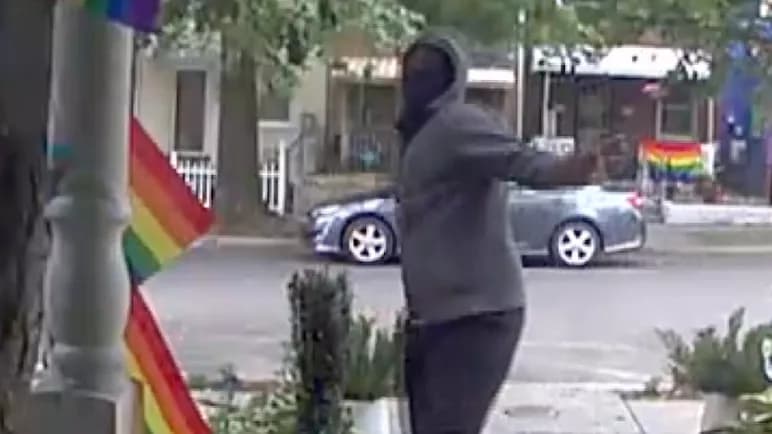
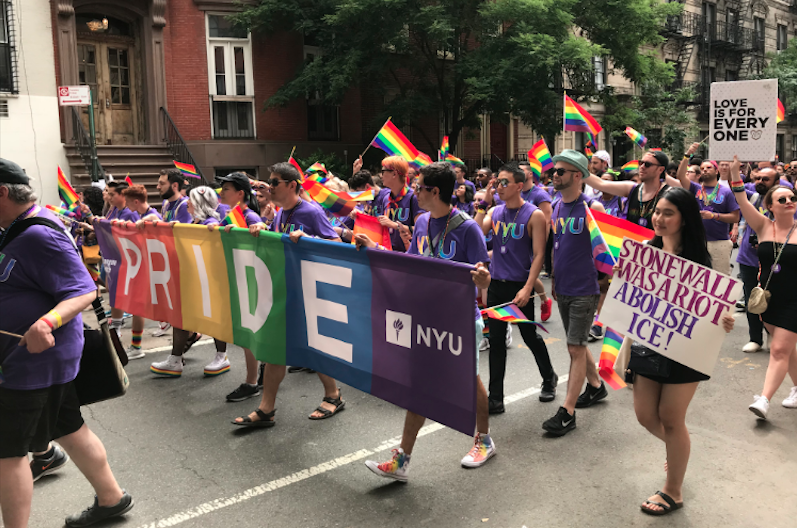
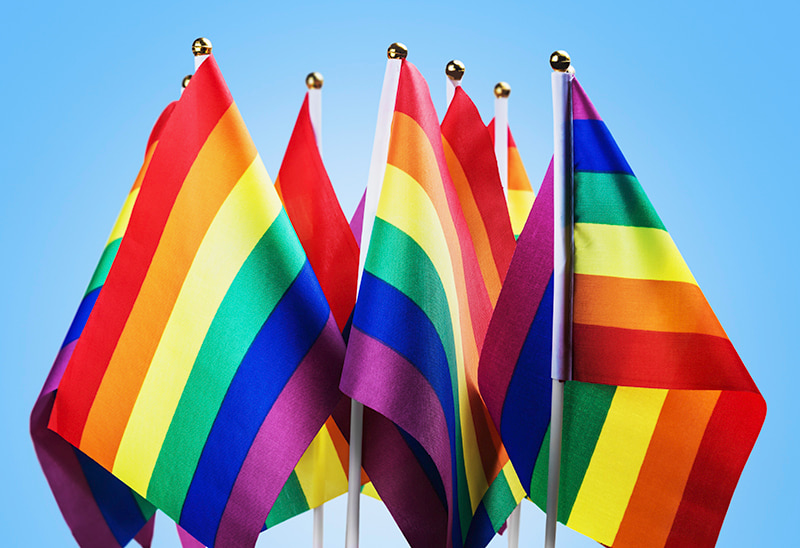












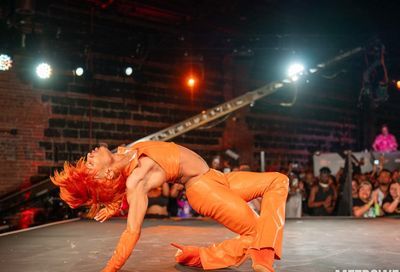
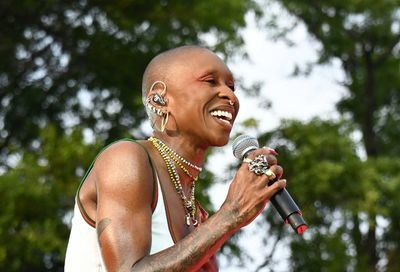
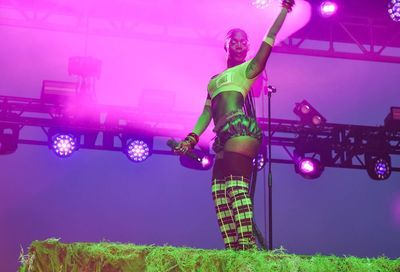
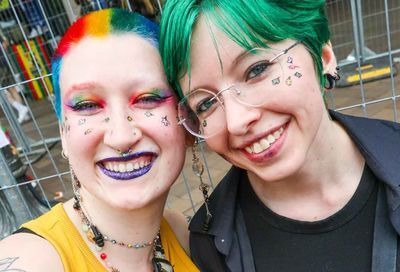
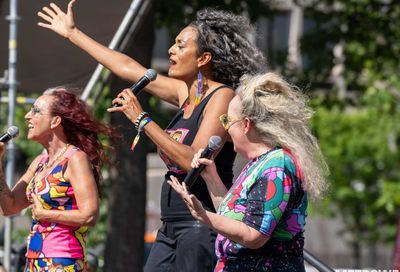


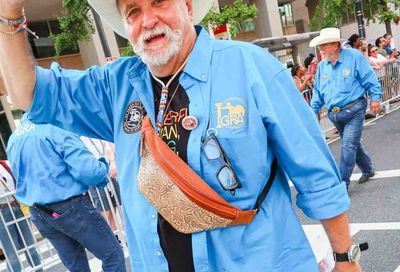
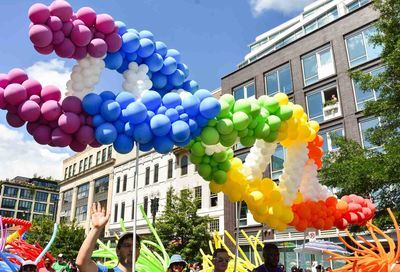
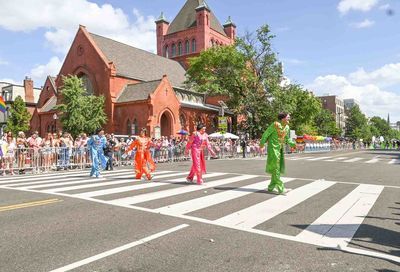
You must be logged in to post a comment.